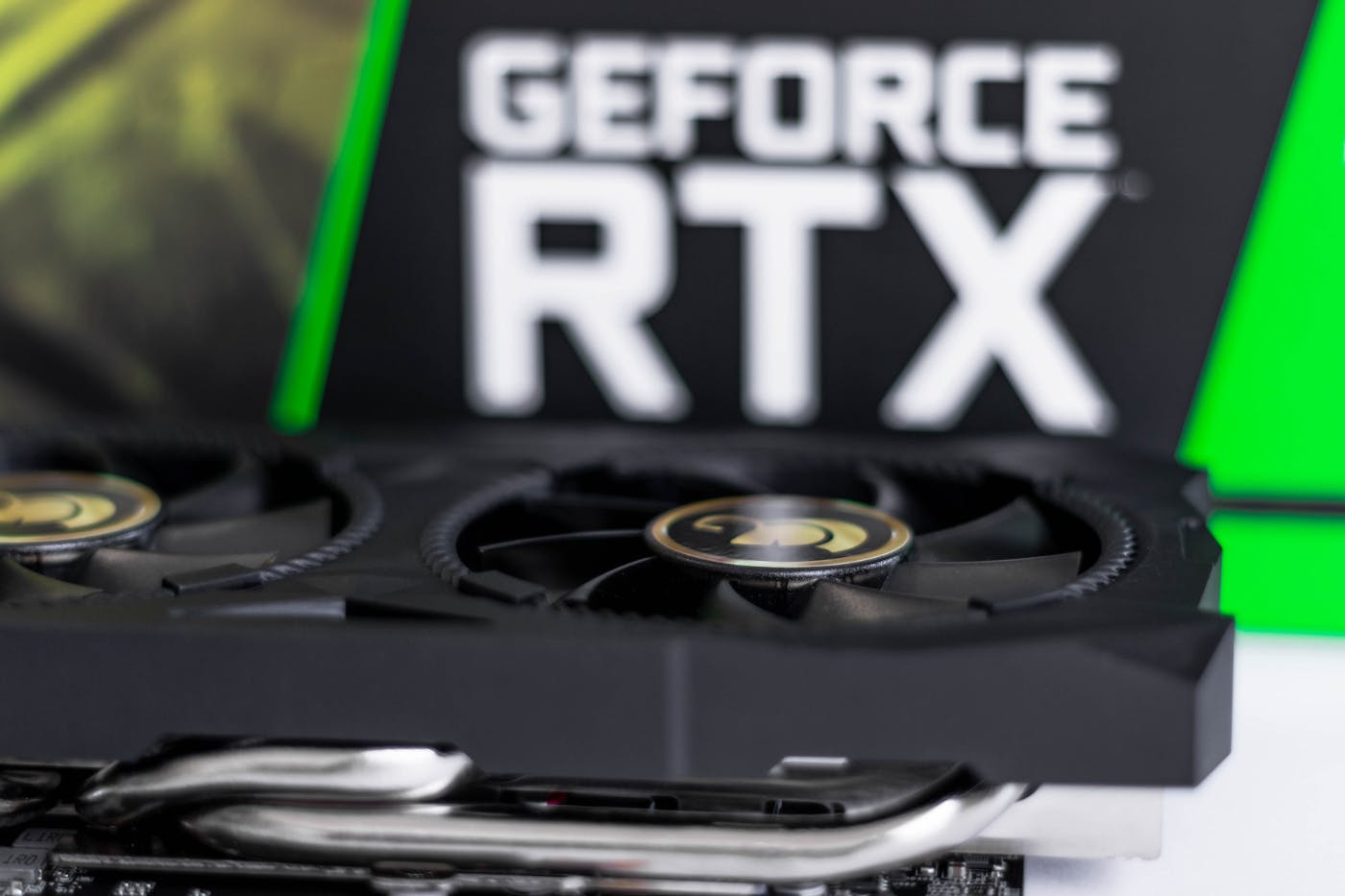Audio Presented by

Dmytro is the founder of Solvid and Pridicto. Featured in Hackernoon, TechRadar and Entreprepreneur.
Story's Credibility

About Author
Dmytro is the founder of Solvid and Pridicto. Featured in Hackernoon, TechRadar and Entreprepreneur.
